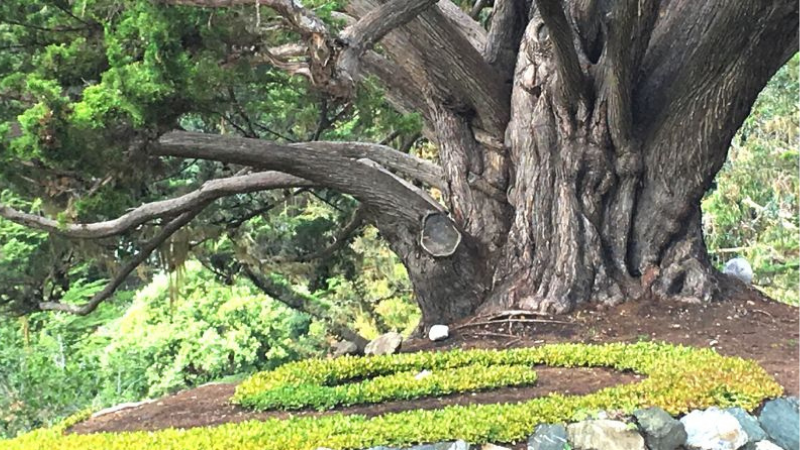Think Like a Multiverse: Pathways to Wonder, Kinship, and Radical Openness
With Ramzi Fawaz
June 23 - 27, 2025
One of life’s great paradoxes is that we all inhabit the same world, yet no single person, living being, or object within it is exactly like anything else. Thus, difference — the sheer diversity of the world’s countless inhabitants — is arguably the most immediate fact of our shared reality.
This seminar style workshop asks: What does it take to properly apprehend the world’s diversity and respond to it with curiosity, open-heartedness, humor, and joy, rather than anxiety, fear, and violence? How can we combat rising xenophobia in our local communities and social spheres by productively engaging with, rather than denying or banishing, alternative perspectives and worldviews? In other words, how can each of us learn to “think like a multiverse”?
Drawing from literature, philosophy, and popular culture, we will consider diversity and heterogeneity not as a problem to be solved or a threat to be feared, but rather as a field of imaginative possibilities for the formation of new relationships across differences.
Each day, we will zoom in on a distinct framework for thinking about diversity and multiplicity. These include:
- Gloria Anzaldúa’s theory of “mestiza consciousness,” a feminist model for thinking about the cultivation of cross-racial and cross-gender bonds.
- The Indigenous kinship worldview, a spiritual cosmology that conceives of human beings as having a relationship of mutual exchange and reciprocity with the planet.
- Cosmopolitanism and radical democracy, a political theory that centralizes the importance of negotiating vastly different points of view on the nature of the “good life.”
- Psychedelic experience, a millennia-spanning, global consciousness-raising practice intended to aid human beings in extending their imagination outward from the self to commune with a wider network of cosmic relationships.
Throughout the week, we will combine the study of key texts in these various philosophies with recent popular media and experiential exercises to practice and integrate these ideas into our everyday lives. We will write about our encounters with non-human plant life on campus, imagine and describe different versions of ourselves across a fictional multiverse, and identify and respond to differences in temperament, personality, style, and tastes within the group. Short daily readings will include excerpts from works by Toni Morrison, Gloria Anzaldúa, Michael Pollan, Jenny Slate, and Robin Wall Kimmerer.
- Film Screening: Spider-Man: Across the Spider-Verse (2022) [Available on Netflix]
- Film Screening: My Octopus Teacher (2020) [Available on Netflix]
- Annihilation, by Jeff Vandermeer
About the Leader
Categories : Creativity & Culture, Leadership & Community, Psychedelics & Plant Medicine, Psychology & Self-Awareness, Relationship & Communication

